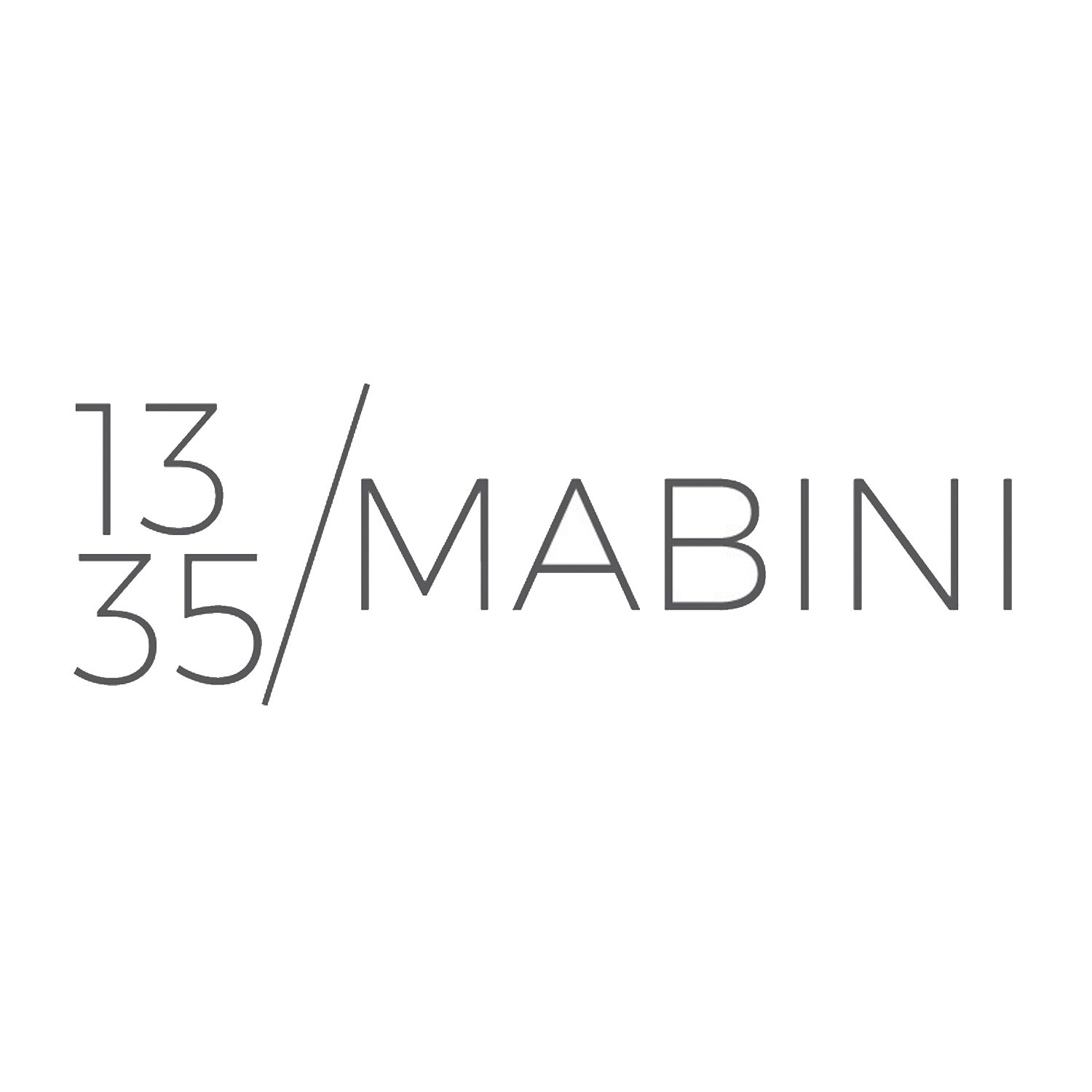Postcards from Manila
OPENING:
Saturday, SEPTEMBER 19, 2015, 6 pm
EXHIBITION DATA:
September 19 to October 16, 2015
1335MABINI proudly presents Carlos Celdran in a residency and solo exhibition titled “Postcards from Manila” from September 19 to October 16, 2015.
Carlos Celdran, performance artist residing in Manila, popularly known as a cultural activist for his public commentaries/performances on local and national concerns will be holding a residency/exhibition at 1335Mabini as an examination of his artistic practice. The space will be used as a venue for artistic production as well as a continuation of his public performances with an objective of creating a dialogue about aspects of local culture and urban life, history, identity, and national heritage.
The assertion that in performances, actions are taken very seriously in a way that it involves social practices and advocacies is applied in Celdran’s effective engagement of the viewer, as those who practice performances “do not aspire to ideological neutrality”[i]. His idea of an event subscribes to a “commitment to an expansive vision of freedom.. and the desire to make (their) cultural expressions available to wider audiences through public performance.”[ii]
John Charles Edward “Carlos” Celdran (b. 1972) studied at Rhode Island School of Design after finishing his Bachelor of Fine Arts degree from the University of the Philippines Diliman (1996). He worked as a cartoonist, stage director, and production designer before producing his own Walking Tours in Intramuros, Manila. The tours are geopolitical one-man performances that incorporate visual arts, music, and theatre in the understanding of Philippine history, arts, and culture. His act of protest as public performance in 2010 against the opposition of Church leaders to the reproductive health bill led to a conviction by the Metropolitan Trial Court in Manila on the grounds of violating an obscure provision of the Revised Penal Code which proscribes against “offending religious feelings”. This opened avenues for discussion regarding free speech nationwide in both print and digital platforms.
[i]http://rupkatha.com/V5/n2/02_What_is_Performance_Studies_Richard_Schechner.pdf
[ii] Martin, B. The Theater is in the Street: Politics and Performance in Sixties America. University of Massachusetts Press, 2004. p. 48.



